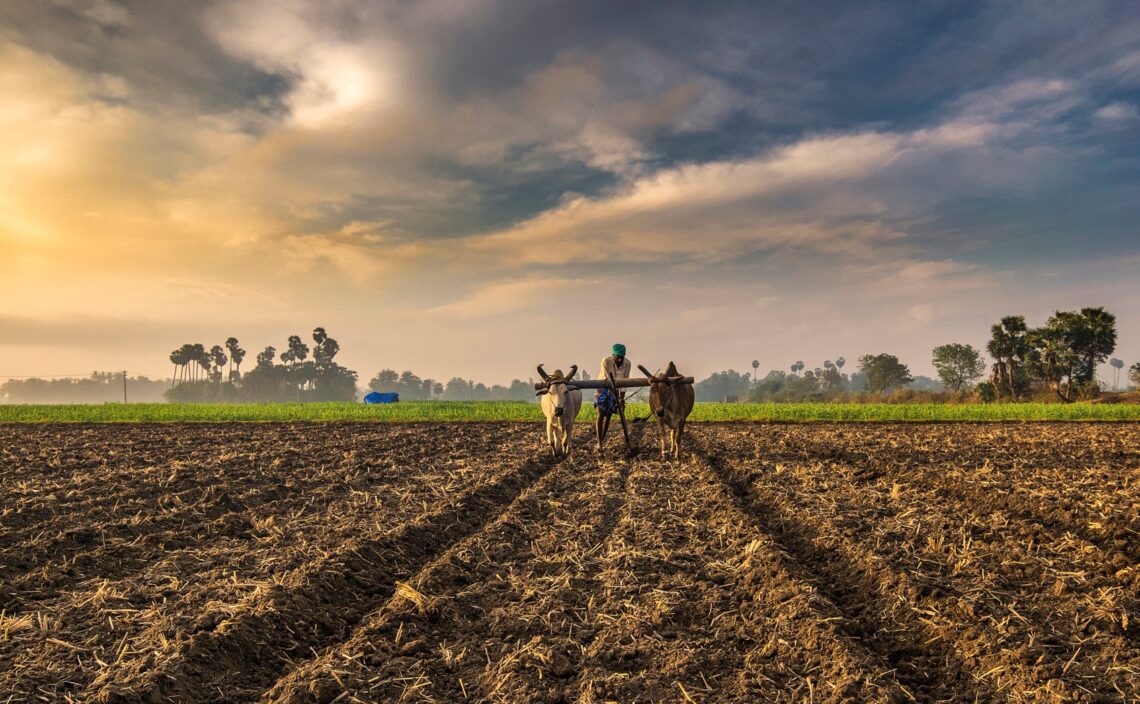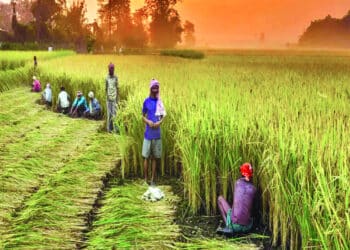A new UN report, published by the Food and Agriculture Organization (FAO), the UN Development Programme (UNDP) and the UN Environment Programme (UNEP) suggests that $470 billion (roughly €400 billion) of the $540 billion spent on agriculture subsidies globally distorting prices and affecting the environment.
Around 15% of the total agricultural production value goes as Global support to agricultural producers in the form of subsidies and other incentives. By 2030 it is expected to go up to $1.759 trillion.
The report titled A multi-billion-dollar opportunity: Repurposing agricultural support to transform food systems emphasized that the “current support to producers mostly consists of price incentives, such as import tariffs and export subsidies, as well as fiscal subsidies which are tied to the production of a specific commodity or input.

These are inefficient, distort food prices, hurt people’s health, degrade the environment, and are often inequitable, putting big agribusiness ahead of smallholder farmers, a large share of whom are women.”
According to the data by the Food and Agriculture Organisation of the United Nations, in 2019 around three billion people from across the world could not afford a healthy diet and in 2020, nearly one in every three people faced chronic hunger amounting to around 811 million people in the world.
The Director-General of FAO, Qu Dongyu, said that: “This report, released on the eve of the UN Food Systems Summit, is a wake-up call for governments around the world to rethink agricultural support schemes to make them fit for purpose to transform our agri-food systems and contribute to the Four Betters: Better nutrition, better production, better environment and a better life.”

Continuing to support in a similar way would ultimately harm the whole of human civilization. To meet the targets set in the Paris Climate Agreement, it is important for every country to take steps in their capacity.
Higher-income countries need to reduce the production and consumption of the outsized meat and dairy industry, as it accounts for 14.5 per cent of global greenhouse gas emissions.
In lower-income countries, governments need to reduce the support for the production of pesticides and fertilizers or the “growth of monocultures,” noted the Press Release of the UN Environment Programme.
Inger Andersen, Executive Director of UNEP said, “Governments have an opportunity now to transform agriculture into a major driver of human well-being, and into a solution for the imminent threats of climate change, nature loss, and pollution.

By shifting to more nature-positive, equitable and efficient agricultural support, we can improve livelihoods, and at the same time cut emissions, protect and restore ecosystems, and reduce the use of agrochemicals.”
Moreover, the report has also projected several case studies which also includes Andhra Pradesh in India, it adopted a policy of Zero Budget Natural Farming.
Similarly, the UK launched a Single Payment Scheme which would remove subsidies in agreement with the National Farmers Union (NFU) to support the argument of the report, highlighted by the UN News.
Also Read: Draft Of Mumbai Climate Action Plan To Be Displayed In COP26 Conference In Glasgow In November












